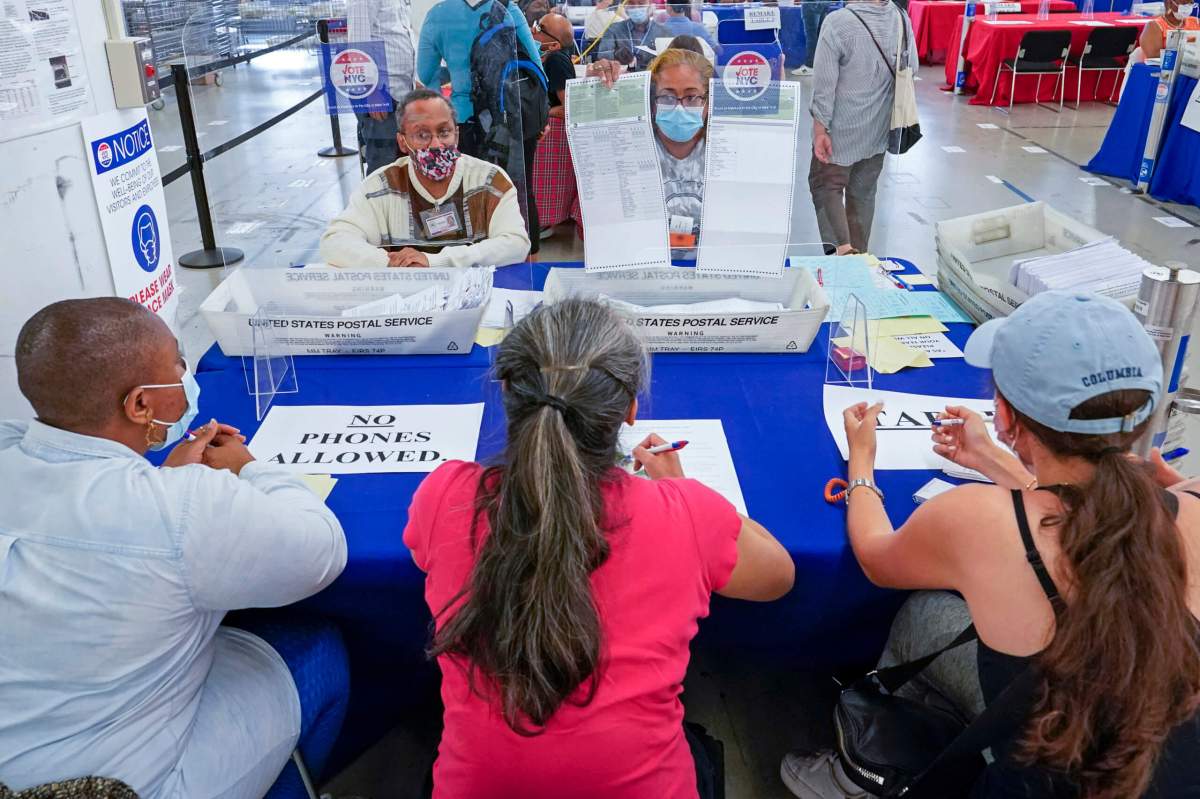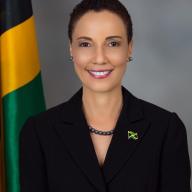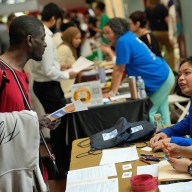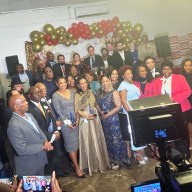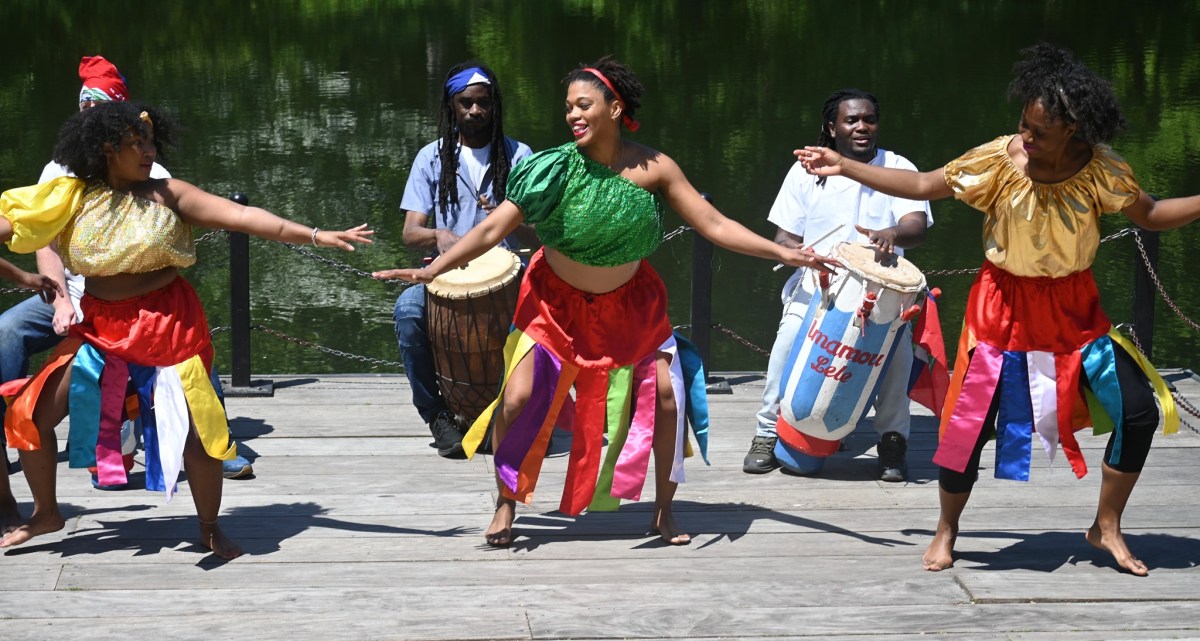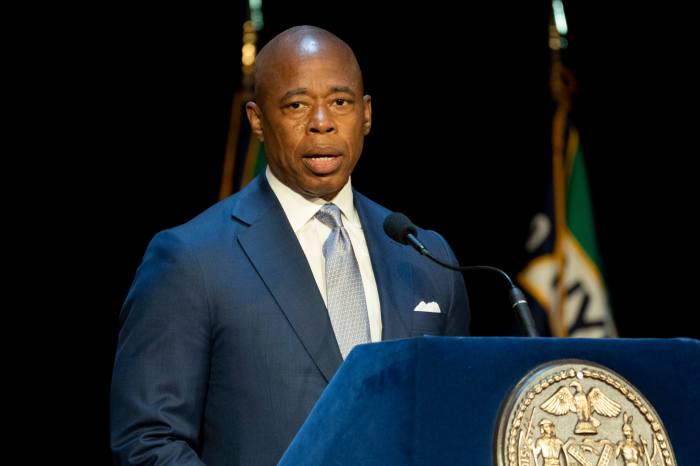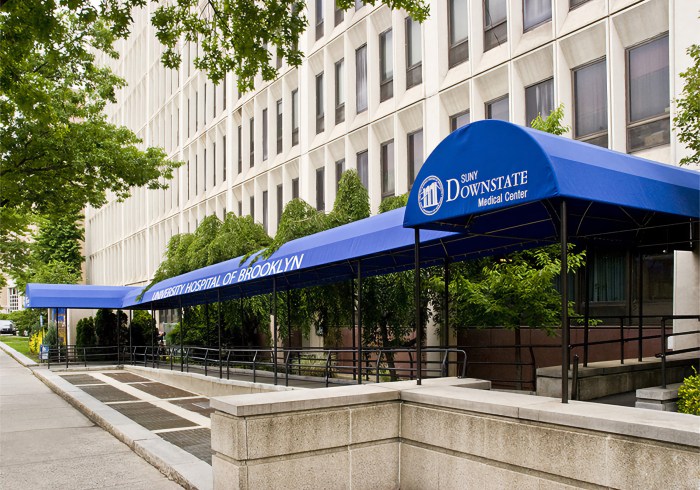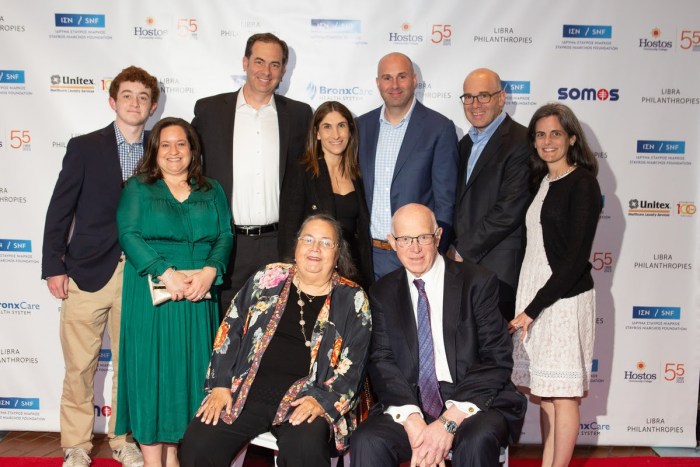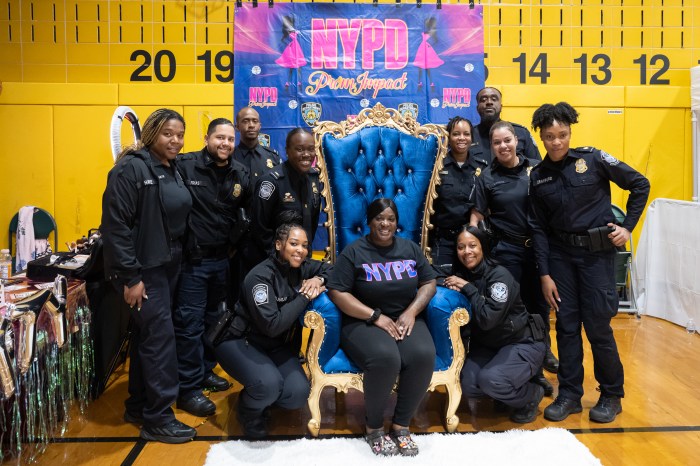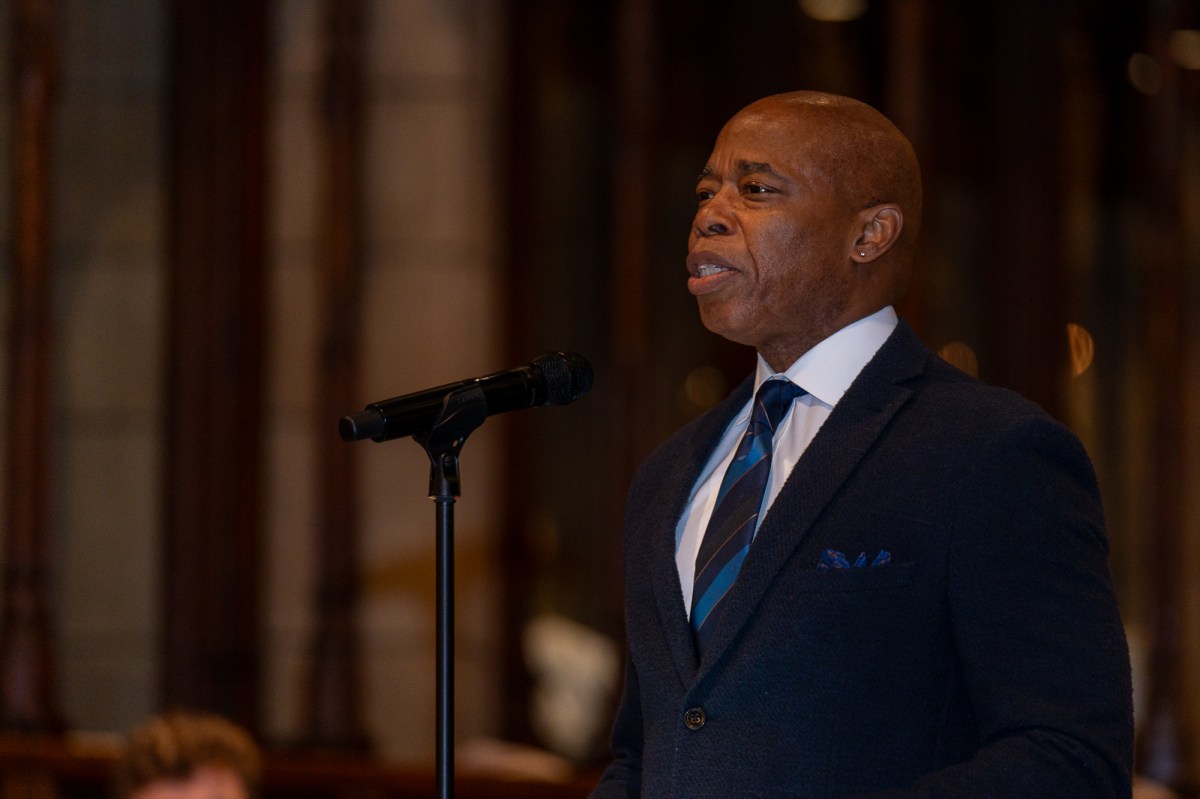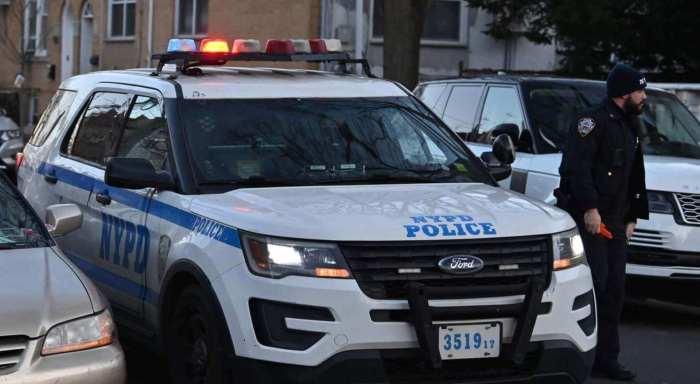With the November general election just two months away, many New Yorkers may be wondering whether the New York City Board of Elections can administer a smooth and effective process. Voters need to have faith in the outcomes of our elections if we want to increase the number of people participating in our democracy.
But to do so, we need to make significant changes to the way the BOE is structured and how it operates. I have been with BoE since 2012 as a full time employee but prior to that I was a monitor and a trainer on a seasonal basis for over 10 years. I am currently a senior administrator assigned to Early Voting. I have also served as the president of CWA Local 1183 since 2015. I know first-hand the resources and support we need to do our jobs effectively.
The fact is that working conditions for the 900 rank and file employees at the NYC BOE are unacceptable. Many of our offices are old, extremely cramped and pose hazardous conditions, including poor ventilation and lighting, inadequate heating and cooling systems. Most of our office equipment should have been replaced decades ago.
This challenging environment was significantly compounded by COVID. Our workspaces were perfect vectors for the spread of the virus, which was incredibly stressful for everyone to manage. The protections that we were provided were simply not enough, with four workers tragically dying from the virus, and more than 40 testing positive.
Underfunding has also led to an inadequate amount of staff, which means workers are often stretched far too thin leading up to and after the election. Many of us end up working as many as 12-14 straight hours for weeks on end, which leads to chronic mental and physical health challenges, workplace injuries and errors in job performance. And during the pandemic, there was little opportunity and an absence of technological tools to conduct appropriate, in-person training needed to effectively manage the increase of activity around the elections. Yet despite continuously working in this dangerous environment, there was no hazard pay provided.
All of these problems can and must be addressed through a new collective bargaining agreement. Our current contract expired in January, and our union stands ready to negotiate with the BOE, city and Office of Labor Relations on these issues.
Beyond the day-to-day issues we face, there are larger systemic issues that lawmakers must address in order to fully transform the BOE into a modern organization.
Since we are not protected by civil service law, we lack any opportunity to advance based on seniority, competitive exams, skills or evaluations. Promotions are often based on personal relationships the county leaders have with individual employees. Individual commissioners preside over and approve all disciplinary actions regarding employees, which is often just a reflection of the employees’ standing with their party leaders. This also means that salary rates are often not based on any clearly defined system based on merit or experience. As a result, workers experience unequal treatment, pervasive mismanagement and poor working conditions. This makes it extremely difficult for anyone to do their jobs effectively, and has led to extremely low morale.
Furthermore, the current structure of the BOE contributes to an unacceptable lack of accountability at the top level of the agency. Lawmakers must explore alternative structures guaranteeing that both workers and the public know exactly who is ultimately responsible for the organization’s performance. If it takes a state constitutional amendment to achieve this, then let’s get to work.
I am proud of my hard-working colleagues at the Board of Elections, but we all know that this is not how the organization responsible for the functioning of our democracy should operate. In addition to the Mayoral election in November, we now have what will likely be a competitive gubernatorial race in 2022.
We cannot go through another election cycle where the integrity of our elections is questioned. But the only way we can address the underlying problems at the BOE is by finally listening and acting on the on-the-ground experiences and stories of workers that have been ignored for far too long.
It is time for a 21st century election administration.
Donna Ellaby is an administrator at the Board of Elections and President of CWA Local 1183.


